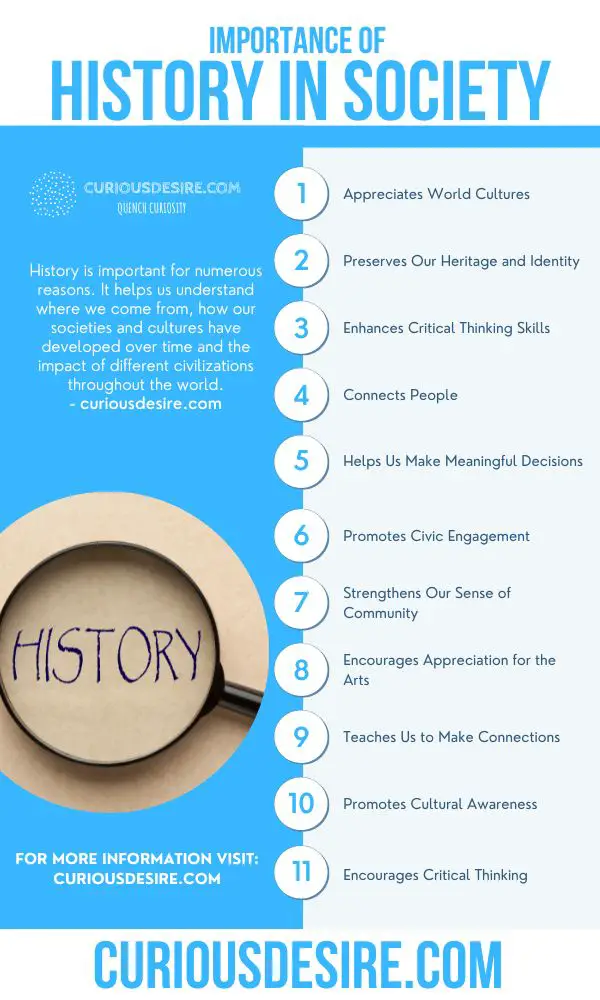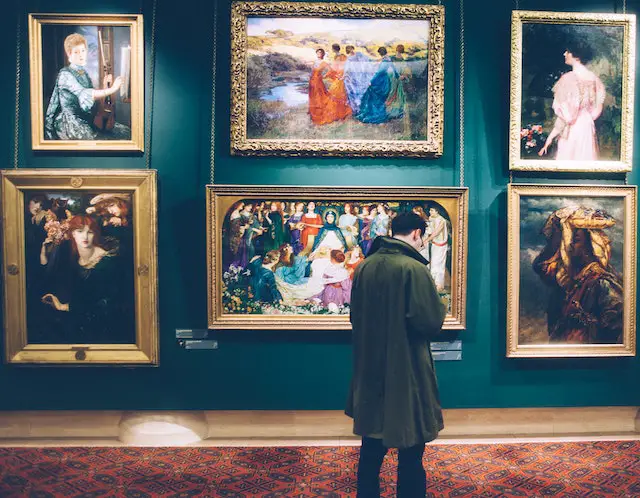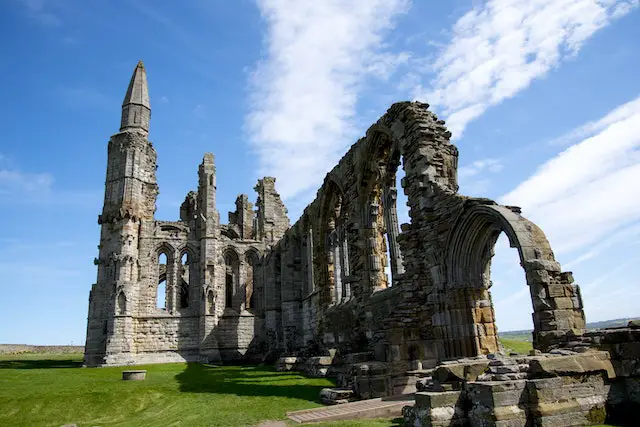History is important for numerous reasons. It helps us understand where we come from, how our societies and cultures have developed over time and the impact of different civilizations throughout the world.
History is also valuable because it teaches us lessons about past mistakes, gives context to current events, and encourages critical thinking skills that can be applied in various situations. In this article, we’ll discuss 15 significant reasons for the importance of history in society.
15 Benefits of History in Society
History is a vital part of our lives, providing us with an understanding of the world and our place in it. Here are 15 reasons why history is essential to society:
1. History in Society Appreciates World Cultures
History helps us understand how different societies have evolved over time by studying cultural artefacts and learning about customs practised by other cultures. This can lead to a greater appreciation for the diversity of our world.
Through the study of history, we can learn about the beliefs and practices of various cultures. This knowledge helps us to better understand other people’s values and ideas so that we can cooperate and coexist peacefully with one another.

2. History in Society Preserves Our Heritage and Identity
History is important because it helps us preserve our heritage and identity. By understanding our past, we can better appreciate the present and plan for the future. History helps us understand who we are and why we do the things that we do.
By learning about our ancestors’ struggles and triumphs, we gain a greater appreciation of our origins and heritage. This knowledge enables us to make informed decisions in the present and plan for a successful future.
3. History in Society Enhances Critical Thinking Skills
The study of history encourages critical thinking skills by teaching us how to analyze, interpret, and evaluate different events, ideas, and people. It also allows us to form independent conclusions based on evidence rather than opinion alone.
By looking at different points of view and analyzing events from multiple angles, students can gain a better understanding of the complexities of history. This helps them develop skills that are useful in a wide range of disciplines, such as business, politics, economics, and science.
4. History in Society Connects People
History is important because it connects us to our past and helps us understand our place in the world. Through the study of history, we can learn about the values and beliefs of different cultures, gain insight into their customs, and develop an appreciation for diversity.
The study of history also allows us to connect with people from other times and places, enabling us to better empathize with them as well as gain a greater understanding of our own society.
5. It Helps Us Make Meaningful Decisions
The study of history can provide valuable insights into the current state of society, helping us make informed decisions about our future. By looking at past events and patterns, we can gain a greater understanding of why certain problems exist and how to better address them.
History helps us to both recognize potential consequences and appreciate the impact of our decisions. This knowledge can help us make more meaningful choices that will lead to a better future for everyone.
6. History in Society Promotes Civic Engagement
The study of history encourages civic engagement by teaching students about their rights and responsibilities as citizens. It instils a sense of pride in their country, its history and government and encourages them to become more involved in their communities.
By learning about the rights that have been earned through the struggles of others, students can gain a greater appreciation for their freedoms and be motivated to defend their liberties.

7. It Strengthens Our Sense of Community
History helps to strengthen our sense of community by teaching us about the shared experiences that bond us together. By understanding our past, we can begin to appreciate how different cultures have contributed to our collective history and gain a better understanding of the world around us.
It also allows us to see ourselves as part of an interconnected global society, enabling us to form meaningful relationships with others and build a stronger sense of community.
8. History in Society Encourages Appreciation for the Arts
The study of history also encourages an appreciation for the arts by teaching students about different art movements, their origins, and how they have evolved over time.
By looking at artwork from different eras, students are exposed to a world of creativity and imagination. This helps them to understand the importance of art in our lives and encourages them to express themselves creatively.
9. History in Society Teaches Us to Make Connections
The study of history helps us make connections between the past and present, enabling us to better understand the world around us. By recognizing patterns and trends, students can gain a greater appreciation for the interconnectedness of different events, people, and ideas.
This knowledge can improve problem-solving skills and help them make more informed decisions in their daily lives.
10. History in Society Promotes Cultural Awareness
The study of history also promotes cultural awareness by teaching students about different cultures and how they have shaped our world.
By looking at events from multiple perspectives, students can gain a better understanding of the diversity of the human experience. It can help them to appreciate and celebrate different cultures, creating a more tolerant and inclusive society.

11. History in Society Encourages Critical Thinking
The study of history also encourages critical thinking by teaching students to analyze different sources and draw their own conclusions. By looking at various perspectives, students can gain a deeper understanding of how individual events fit into the larger context.
This knowledge helps them think more critically and objectively, allowing them to make informed decisions and understand the implications of their actions.
12. History in Society Leads to a Better Future
The study of history leads to a better future by providing insight into how we can avoid repeating past mistakes. Through learning from our past, we can ensure that decisions made today won’t have disastrous consequences tomorrow.
By understanding the complexities of history and its impact on present-day society, we can create a brighter future for ourselves and the generations to come. The study of history is important for cultivating an informed and engaged citizenry that will work towards creating a better future.
13. History in Society Is Necessary for a Well-Rounded Education
History is an essential part of any well-rounded education. It teaches students about our shared past, encourages critical thinking and cultural awareness, and instils a sense of pride in their country.
By looking at events from multiple perspectives, students can gain a better understanding of the world around them and how it has been shaped by our collective experiences. This knowledge can help them make more informed decisions in their daily lives and build stronger relationships with those around them.

14. History in Society Is an Important Part of Our Future
History is also an important part of our future, as we learn from our past to shape a better tomorrow. The study of history can be used to inform policy decisions, advance social progress, and promote understanding between cultures.
It can help us to develop a shared sense of purpose, appreciate our differences, and create a more just and equitable future for all. By embracing the lessons of history, we can strive to make the world a better place for generations to come.
15. History in Society Helps Us Understand Ourselves and Others
Finally, the study of history helps us to better understand ourselves and others by examining how societies have evolved over time and what lessons our predecessors can teach us.
By learning about different cultures, we gain insight into human behaviour and the values that have shaped our societies. This understanding can help us to make more informed decisions about our own lives and enrich our relationships with others.
Conclusion
History in society is vital for fostering an informed and engaged citizenry. By studying our shared past, we can learn from our mistakes, develop a greater appreciation for different cultures, and gain a better understanding of ourselves and others.
The study of history is essential for creating a brighter future, as it helps us to think critically, form informed opinions, and make decisions based on the lessons of our predecessors.
Ultimately, history is an important part of any well-rounded education as it helps us to appreciate the complexities of human experience and strive for a better future.